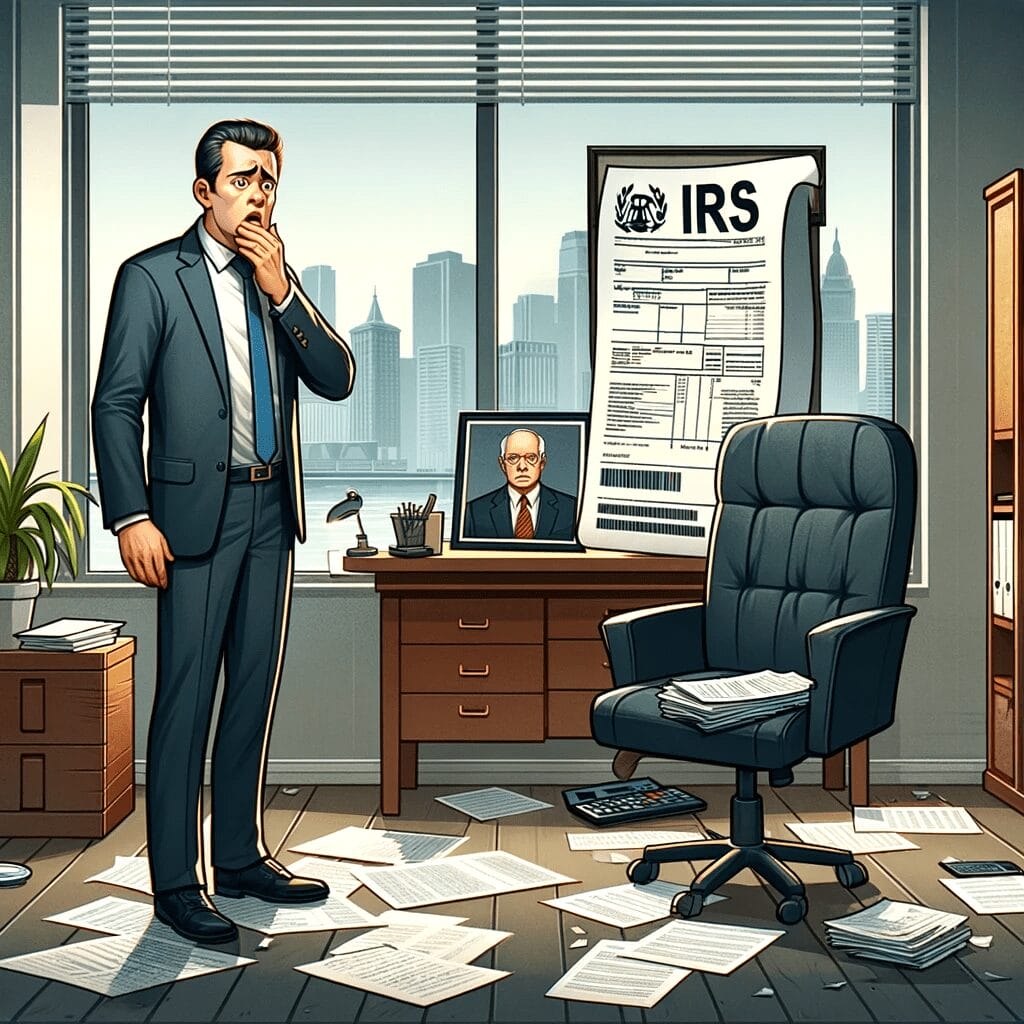In a startling turn of events, a business owner found himself financially liable for payroll taxes that were embezzled by his trusted CPA. Despite the CPA’s criminal actions, the responsibility to pay these taxes fell on the owner, illustrating a harsh reality of tax law compliance.
The Case of Misplaced Trust
Rodney Taylor, a business owner, had hired Robert Gard, CPA, to handle his corporation’s bookkeeping and accounting needs. Over several years, Gard exploited his position to embezzle an estimated $1 million to $2 million from Taylor’s business. The situation reached a critical point when Gard suffered a heart attack while reviewing the falsified records with Taylor and a financial planner. During his recovery, Gard confessed to his crimes.

Taylor took legal action against Gard and also pursued claims against the bank used by Gard for the embezzlement. From these lawsuits, Taylor recovered a substantial sum — $175,000 from an insurance company and $900,000 from the bank. However, he did not use these funds to settle the unpaid payroll taxes with the IRS.
The Harsh Reality of Tax Responsibility
Many would assume that the embezzler, Gard in this case, would be solely responsible for repaying the stolen funds. While Gard was indeed liable, tax laws also designate the business owner as a responsible party. This meant that despite delegating payroll duties to Gard, Taylor remained accountable under the law for ensuring that payroll taxes were paid.
When the IRS intervened, Taylor was targeted for the recovery of the funds. The IRS’s primary concern is to recover owed taxes, regardless of the circumstances of the theft. Thus, Taylor found himself liable for not only the original payroll taxes but also a severe 100 percent trust fund penalty.
How to Safeguard Your Business
This unfortunate situation serves as a critical reminder for business owners on the importance of oversight, especially when outsourcing sensitive tasks such as payroll:
- Direct Oversight: Always have payroll reports sent directly to you, ideally to your personal address, ensuring you are the first to review them.
- Regular Checks: Periodically verify that payroll taxes have been correctly paid by checking your IRS electronic federal tax payment system (EFTPS) account.
- Internal Controls: For larger businesses, establishing a robust internal control system can help mitigate the risk of embezzlement.
Final Takeaways
As a business owner, you carry the ultimate responsibility for financial compliance, including payroll taxes. Delegating tasks does not absolve you of this duty. To protect your business and yourself, proactive management and verification of payroll processes are essential. Failure to do so can lead to significant financial and legal repercussions, as demonstrated by Taylor’s costly experience.
Remember, in the realm of business and taxes, trust but verify remains a prudent motto.







